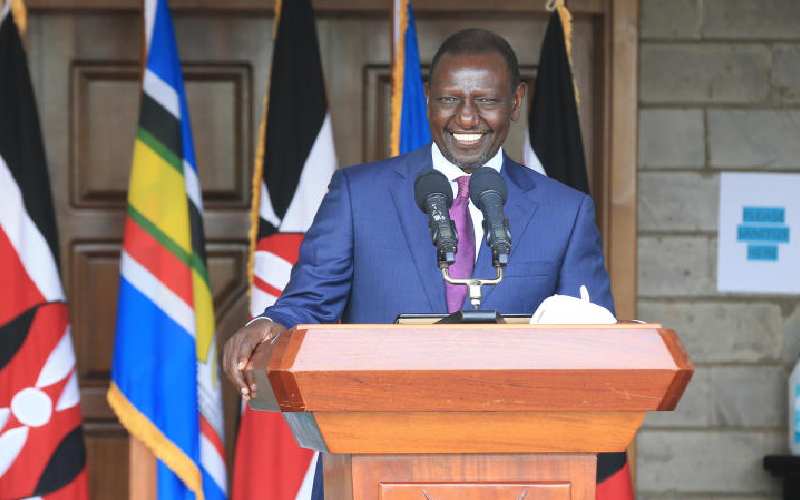×
The Standard e-Paper
Join Thousands Daily

Few cultural engagements are as entertaining as politics, the art and science of acquiring and maintaining power. Seeking power can be either to do good or simply to make a politician feel great.
Politics’ origins are in the very beginnings of organised living as human necessity, often called civilisation. Depending on the location and time, the people evolved the equivalent of the modern state which, with approval from the United Nations, currently organises and administers people across the globe.